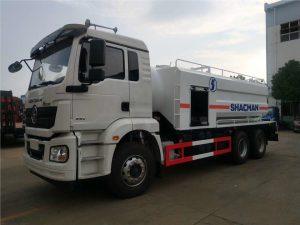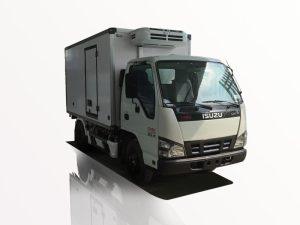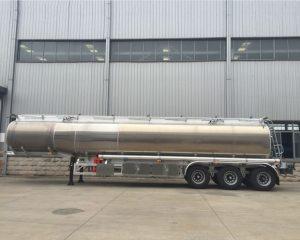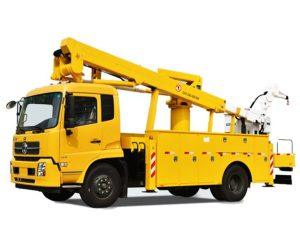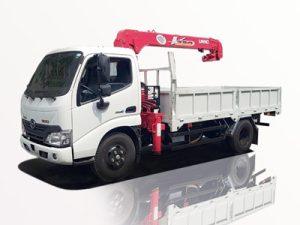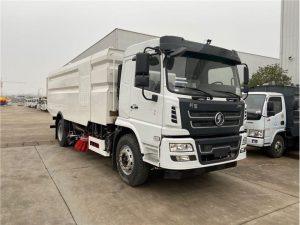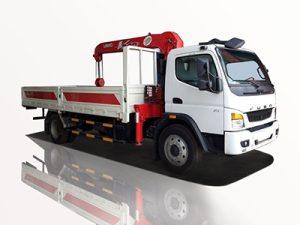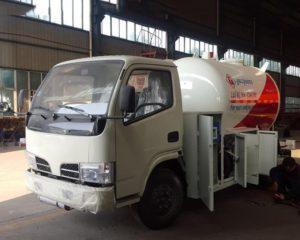Monday to Saturday - 8:00 -17:30
Ultimate Guide to Recycle Bin Trucks: Efficient Waste Management Solutions
The importance of proper waste management cannot be overstated. In a world increasingly focused on sustainability, the role of recycle bin trucks has become a significant focal point for municipalities and businesses alike. This article will explore everything there is to know about recycle bin trucks, from their functionality and types to their environmental benefits and practical tips for effective waste management.
Understanding Recycle Bin Trucks
What is a Recycle Bin Truck?
A recycle bin truck is a specialized vehicle designed for the collection and transportation of recyclable materials. Typically utilized by municipal waste departments and private recycling companies, these trucks play an essential role in the recycling process, ensuring that materials like paper, glass, and plastics are efficiently collected and transported to recycling facilities.
How Does a Recycle Bin Truck Work?
Recycle bin trucks utilize various systems for the collection of recyclables. Most commonly, these trucks have automated lift systems that can pick up bins, commonly found on residential and commercial properties, with minimal manual effort. Once collected, materials are stored within the truck’s compartment until they are transported to recycling centers, where they undergo processing.
Types of Recycle Bin Trucks
1. Front Load Recycle Bin Trucks
Front load recycle bin trucks are commonly used in commercial settings. They have a hydraulic lift at the front that empties large containers into the truck. These trucks are suitable for businesses that generate a significant volume of recyclables and require frequent pickups.
2. Rear Load Recycle Bin Trucks
Rear load trucks are characterized by their tailgate-mounted containers. Waste collectors can dispose of materials from the back of the truck, making these trucks perfect for both residential and commercial settings. They may be less efficient for larger loads compared to front loaders but are often more economical.
3. Automated Side Load Recycle Bin Trucks
These trucks come equipped with robotic arms that allow for the automated collection of recyclables from the curbside. This option minimizes manual labor, speeds up collection times, and enhances safety for workers. They are increasingly popular in urban environments where efficiency is essential.
4. Multi-compartment Recycle Bin Trucks
Multi-compartment trucks are designed to carry different types of recyclables separately, which reduces the need for further sorting at recycling centers. This feature increases efficiency in the recycling process and is beneficial for maintaining purity in recyclable materials.
The Benefits of Using Recycle Bin Trucks
1. Environmental Conservation
Recycle bin trucks play a critical role in reducing landfill waste. By promoting recycling, these trucks help divert materials from landfills, thus preserving natural resources and lowering carbon emissions associated with waste decomposition.
2. Improved Public Health
Efficient waste management through regular recycling collections aids in preventing the accumulation of waste in public areas, ultimately improving community health and aesthetics.
3. Economic Advantages
Investing in recycle bin trucks can lead to significant economic benefits over time. By facilitating recycling efforts, municipalities can reduce landfill fees, and businesses can lower waste disposal costs. Furthermore, recycling can create job opportunities in the processing and manufacturing sectors.
Best Practices for Using Recycle Bin Trucks
1. Understand Your Local Recycling Guidelines
Different municipalities have different guidelines for what can be recycled. Familiarize yourself with these guidelines to ensure that what you place in your recycle bin is acceptable. Incorrect items can contaminate loads and negate the benefits of recycling.
2. Keep Recyclables Clean and Dry
Residual food waste can contaminate recyclable materials, making them unsuitable for processing. Rinse out containers before placing them in your recycle bin to promote effective recycling.
3. Utilize Multiple Bins for Different Materials
If possible, have separate bins for glass, plastic, paper, and aluminum. Many recycle bin trucks can accommodate multi-compartment designs, enhancing the efficiency of sorting at recycling facilities.
FAQs About Recycle Bin Trucks
1. How often are recycle bin trucks typically scheduled?
Collection schedules vary by locality, but many municipalities provide weekly or bi-weekly pickup services for recyclable materials.
2. How do recycle bin trucks handle contamination?
Contaminated recycle loads may be sent to landfill rather than recycling centers. Educating the public and enforcing strict guidelines can help minimize contamination.
3. Can businesses request private recycling pickup with recycle bin trucks?
Yes, many waste management companies offer tailored services for businesses, including regular pickups and customized recycling solutions that fit specific needs.
4. How do I choose the right recycling service?
Consider factors such as the volume of recyclables you generate, the materials you need to recycle, and the service frequency required. Research local options and read reviews to make an informed decision.
5. Are there costs associated with recycling collection?
While many municipalities offer recycling services at no additional cost, some may charge fees for special pickups or custom services for businesses. Always check your local guidelines.
6. What happens to the recyclables after collection?
After collection, recyclable materials are taken to sorting facilities where they are separated, cleaned, and processed before being sent off to manufacturers to be turned into new products.
Conclusion: Enhancing Waste Management Through Recycle Bin Trucks
Recycle bin trucks are pivotal in promoting sustainability through efficient waste management. Understanding the types and benefits of these trucks can help communities better manage their waste and contribute to a healthier environment. By implementing best practices, we can all play a role in ensuring that recycle bin trucks fulfill their purpose effectively, enhancing the recycling process and preserving our planet’s resources for future generations.


